Conditions That Can Cause Weight Gain


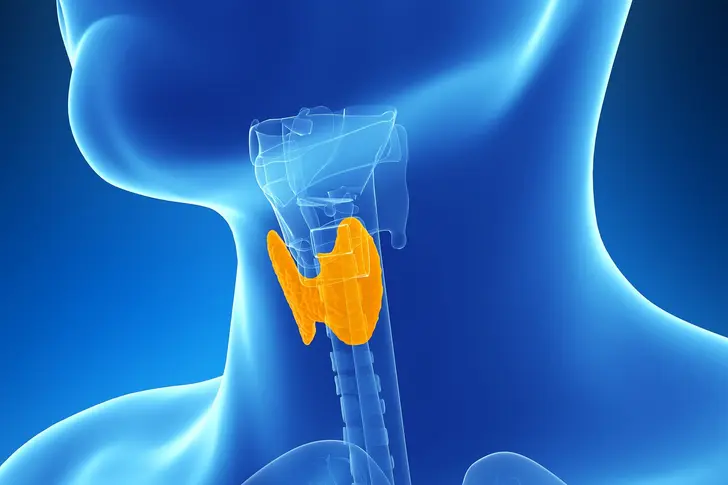
Hypothyroidism
You may gain weight if your thyroid (a small, butterfly-shaped gland in your neck) stops making enough hormones. It also could thin your hair, dry your skin, and make you feel cold, tired, constipated, and depressed. A simple blood test can confirm if your hormone levels are low, and whether artificial hormones could help you feel better.

Depression
Depression can change your body in different ways, including weight gain and obesity. It can lead to increased levels of the "stress hormone" cortisol, which can cause fat to gather around your belly. Or you may gain weight because you feel too down to eat right or exercise. Certain medications used to treat depression also could do it. Talk to your doctor or a therapist if you feel depressed. If you have thoughts of suicide, call or text the 988 Suicide & Crisis Lifeline anytime, night or day.

Insomnia
When you get less than six hours of shut-eye a night, you may have more body fat. About eight hours is the sweet spot for maintaining a healthy weight. Lack of sleep can cause your body to make too much of the hormones cortisol and insulin, which can lead to unwanted weight gain. It also can mess up your hormones that signal hunger and make you crave food, especially those loaded with fat and sugar.

Menopause
Less estrogen during menopause can put more fat around your belly. But a lower hormone level isn't the only cause. Hot flashes, sleep problems, and moodiness linked to the end of your fertility may get in the way of healthy eating and exercise. If you’re already sleep deprived and depressed, it may be easy to reach for unhealthy snacks instead of making a nutritious meal. Talk to your doctor about tips and strategies that can help.

Cushing’s Disease
Usually, cortisol helps keep your blood pressure and blood sugar in a healthy range. But when your adrenal glands make too much of this stress hormone, it can add fat to your belly and the base of your neck. You might bruise more and notice weaker, thinner limbs, a round face, and big purple stretch marks. Your doctor will try to figure out the cause, and then treat it with surgery, chemotherapy, radiation, or drugs to lower cortisol.
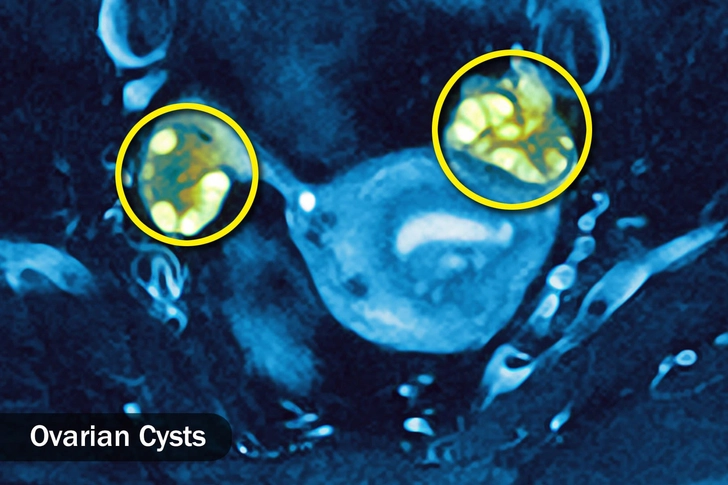
Polycystic Ovary Syndrome
There’s no one test that can tell you if you have this condition. You may skip menstrual periods, have more hair on your face or body, or get acne. Also, cysts may grow on your ovaries. Too much male androgen hormone causes it. You also could gain weight because you're less sensitive to insulin, a hormone that helps your body turn blood sugar into energy. Your doctor can help balance or replace the hormones.
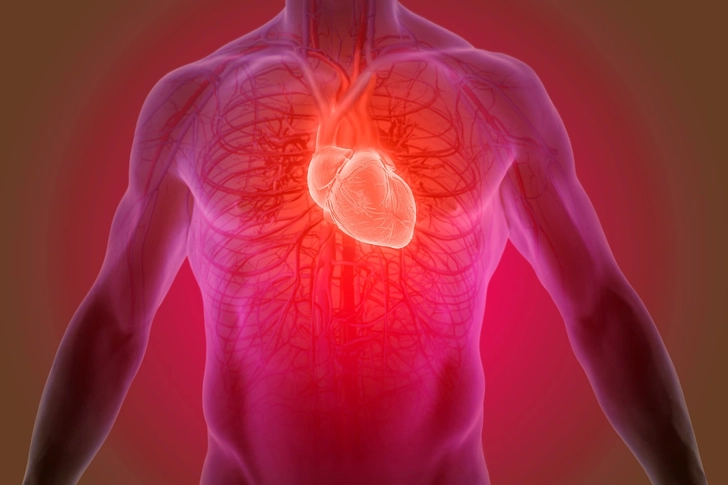
Congestive Heart Failure
It's when your heart doesn't pump hard enough. Sudden weight gain – 2-3 pounds in a day or more than 5 pounds a week – could mean it’s getting worse. You also might have swollen feet and ankles, a faster pulse, heavy breathing, high blood pressure, memory loss, and confusion. You might want to track these symptoms so you can tell your doctor about abrupt changes. Together, you can adjust your treatment for better health.

Sleep Apnea
If you're a noisy snorer or feel drowsy during the day, it could be a sign you may have this serious condition. Your airway regularly cuts off breathing for a few seconds in your sleep. Being overweight or obese is one cause of sleep apnea, but it can also be a symptom. The condition could make you more likely to have liver problems, heart failure, and high blood pressure. Your doctor might suggest a CPAP breathing machine or other treatments.
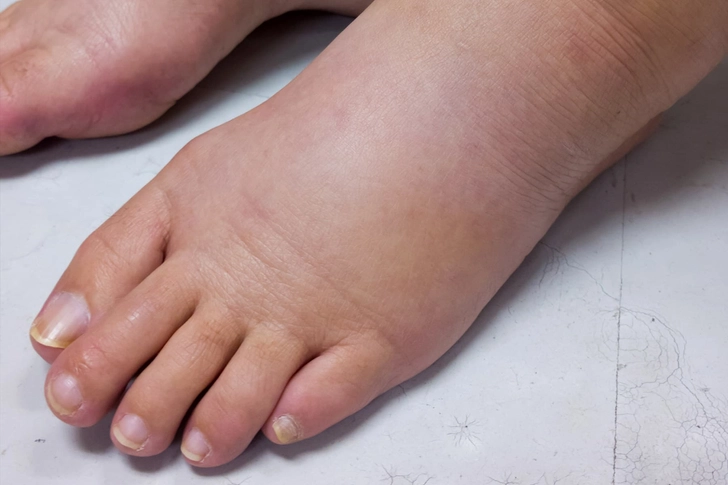
Edema and Fluid Retention
This condition happens when your body holds too much water, usually in your arms and legs. One of your limbs might look swollen, and feel tight and hard to move. Edema itself isn't usually a big deal. Diuretics, also called water pills, can help if it doesn't get better on its own. But you and your doctor should work to manage the cause, like heart, kidney, liver, and lung diseases, which can be quite serious.
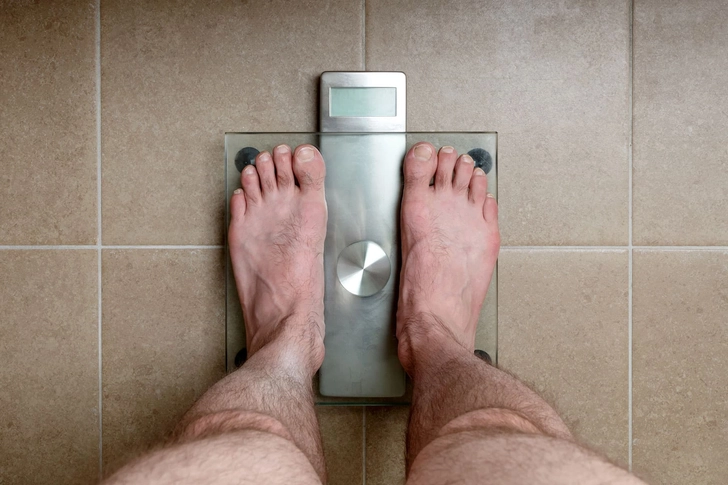
Metabolic Syndrome
This group of conditions raises your chances of heart disease, strokes, and diabetes. Your blood pressure, blood sugar, cholesterol, and body fat may be at unhealthy levels. There might be no obvious symptoms except for extra weight around your waist or midsection. Your doctor can suggest healthy diet changes and exercises, as well as medicine or weight loss surgery if needed.
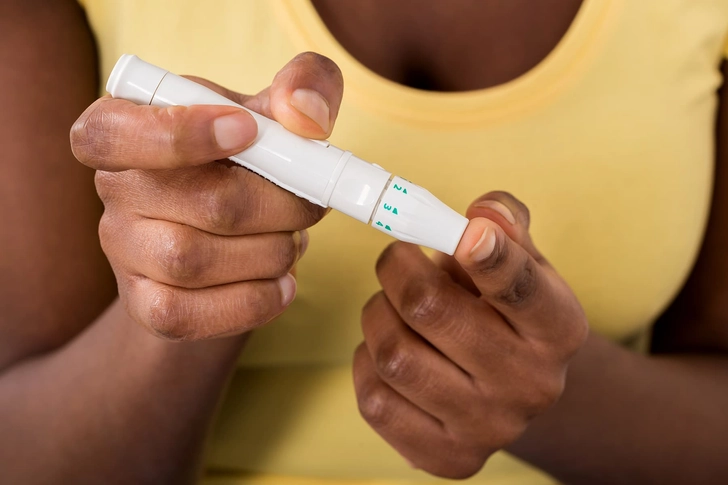
Diabetes
Depending on the type, you can treat diabetes with a mix of diet, exercise, insulin, and medication. Insulin helps your body use energy. But it also makes it easier for your body to store the energy, which often can lead to weight gain. Plus, you may be tempted to eat more to prevent low blood sugar from some of the treatments. Talk to your doctor about how to best balance diet, exercise, insulin, and medication to manage your weight and your diabetes.
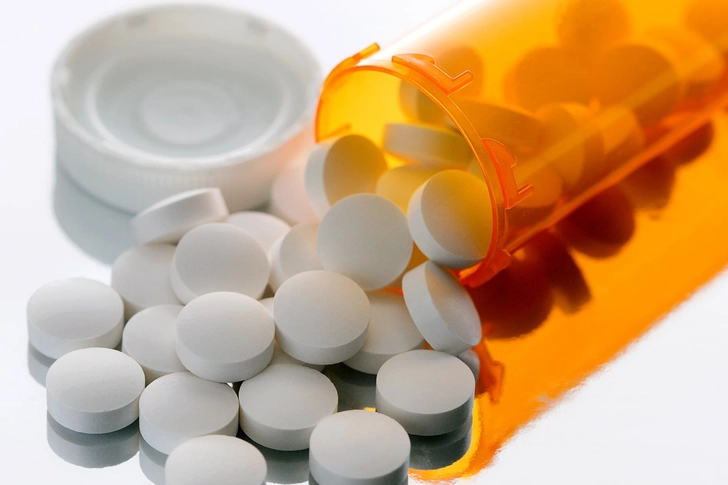
Steroids
Your doctor might call them corticosteroids. You can use them to treat asthma, some types of arthritis, and other conditions. But a common side effect is increased appetite and weight gain. Talk to your doctor about how best to manage the side effects of your steroid treatment.

Common Medications
One drug might make you hungry. Another might slow your body's calorie burn or change the way your body absorbs nutrients. Some just make your body hang on to more water. Sometimes, scientists don't know for sure why a drug causes weight gain. Common examples are birth control pills, antipsychotics, antidepressants, epilepsy drugs, and beta-blockers (for high blood pressure).
IMAGES PROVIDED BY:
1) Thinkstock
2) Thinkstock
3) Thinkstock
4) Thinkstock
5) Science Source
6) Science Source
7) Thinkstock
8) Thinkstock
9) Thinkstock
10) Thinkstock
11) Thinkstock
12) Thinkstock
13) Thinkstock
SOURCES:
American Heart Association: "Managing Heart Failure Symptoms."
American Thyroid Association: "Hypothyroidism."
Cleveland Clinic: "My Diabetes Is Controlled – But Why Am I Gaining Weight?" "Can Polycystic Ovary Syndrome Make You Gain Weight?"
Harvard Medical School Division of Sleep Medicine: "Sleep and Disease Risk."
HelpGuide.org: "How Excess Weight Affects Your Health."
Johns Hopkins Medicine: "Metabolic Syndrome."
Mayo Clinic: "Edema," "Depression (major depressive disorder)," "Polycystic ovary syndrome (PCOS)."
National Health Service (U.K.): "Nine medical reasons for putting on weight."
National Sleep Foundation: "What is Sleep Apnea?" "How Losing Sleep Affects Your Body and Mind."
NCBI Institute for Quality and Efficiency in Health Care: "Causes and signs of edema."
National Institute of Diabetes and Digestive and Kidney Diseases: "Cushing's Syndrome."
North American Menopause Society: "Midlife Weight Gain – Sound Familiar? You're Not Alone."
SleepApnea.org: "Your weight matters: obesity and sleep apnea."
University of Rochester Medical Center: "When Your Weight Gain Is Caused by Medicine."
Womenshealth.gov: "Menopause."